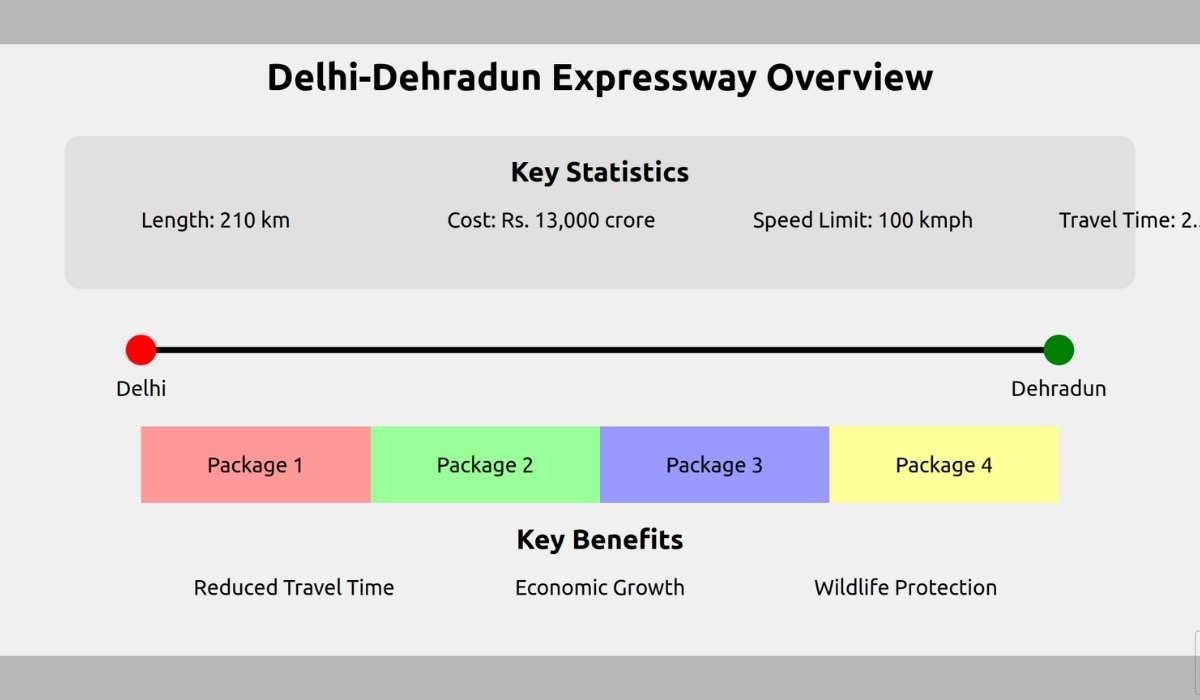In India, owning a house is a cherished dream for most people, driven by emotional and financial considerations. While many aspire to buy their dream home directly, financial constraints often lead them to invest in an affordable property with the hope of selling it at a profit to fund their ultimate goal. However, the majority of people in India rely on home loans to purchase a property. This article explores the profitability of investing in a home with a home loan and the appreciation required to make a profit.
Understanding the Total Cost of a Property:
To determine whether you have made a profit or loss on a property investment, you need to calculate the total purchase cost. Builders often market properties at the base price, but the actual cost is much higher. The total cost of a property can be divided into four parts:
- Money paid to the developer (base price, PLC charges, other charges, possession charges, GST for under-construction properties)
- Money paid to the government (stamp duty and registration fees)
- Incidental charges (lawyer fees, BBA, convenience deed, broker’s commission for resale properties)
- Cost of funding (home loan processing fees, pre-EMI interest for under-construction properties, EMI for ready properties)
Example Calculation:
Let’s consider an example of buying an under-construction house with the following details:
- Size: 1,000 sq ft
- Base price (including PLC): Rs. 8,500 per sq ft
- Basic cost: Rs. 85 lakh
- Other charges (car parking, club membership, EDC, IDC, GST): Rs. 1 crore (excluding stamp duty, registration, and possession charges)
- Loan: 80% from the bank, 20% contribution (10% at booking, 10% at final installment)
- Payment plan: Construction-linked plan
- Home loan interest: 9%
Calculating the total cost of the house in this example, including down payment, possession charges, stamp duty, registration, pre-EMI interest, and incidental charges, amounts to approximately Rs. 1.10-1.13 crore.
Appreciation Required for Profitability:
To earn a profit on this property within a year, you would need a 20-25% appreciation on its all-in price. The percentage may vary depending on the property value, as the cost of registration and pre-EMI interest also increase with higher property prices.
Holding Property for Long-Term Gains:
If you decide to hold the property for 5-10 years, additional costs such as the cost of upgrades, EMI payments, and major repair work should be considered. The total cost of the house after 5, 10, and 20 years can be calculated by adding these expenses to the initial possession amount and considering the outstanding home loan amount.
Unlock Your Dream Home Today!
Get personalized real estate insights delivered straight to your inbox.
To achieve breakeven (including the cost of sale) in this example:
- 5 years: 51% appreciation required
- 10 years: 80% appreciation required
- 20 years: 109% appreciation required
These calculations help you assess whether the property at a particular location is likely to appreciate enough to generate a profit when you decide to sell it.
Impact of Rental Income:
If you are buying a property as an investment and plan to rent it out, rental income can change the profitability equation. In residential real estate, the rental yield is typically between 2% and 3.5%.
Assuming a monthly rent of Rs. 20,000 that increases by 10% every year (a hypothetical scenario), the rental income would be:
- 5 years: Rs. 14,65,000
- 10 years: Rs. 38,00,000
- 20 years: Rs. 1,37,00,000
However, these figures are optimistic, as they do not account for additional expenses such as maintenance costs, repair costs, brokerage commissions, and vacancy periods.
Key Takeaways:
- Clarity of objective: Determine whether you are buying the house for end-use or investment.
- Down payment vs. home loan: Buying a house with a down payment increases the probability of higher profits, while investing with a home loan requires a long-term perspective.
- Rental income: If buying a house as an investment, renting it out can change the profitability equation, with rental income becoming a significant portion of the initial investment over time.
- Verifying growth stories: As a homebuyer, it is essential to verify the growth stories presented by builders and brokers and understand the calculations involved in evaluating a location, project, property, and sample apartment.
Conclusion:
Investing in a home with a home loan requires careful consideration of the total cost, appreciation potential, and rental income. While owning a house is a dream for many, it is crucial to assess the profitability of the investment based on the location, project, and long-term market trends. By understanding the calculations and factors involved, homebuyers can make informed decisions and work towards their goal of owning their dream home.
The total cost of a property includes money paid to the developer (base price, PLC charges, possession charges, and GST), government fees (stamp duty and registration), incidental charges (lawyer fees, broker's commission), and the cost of funding (home loan processing fees and EMIs).
To earn a profit on a property within a year, you would typically need a 20-25% appreciation on the all-in price of the property.
To achieve breakeven, you would need approximately 51% appreciation after 5 years, 80% after 10 years, and 109% after 20 years.
Rental income can significantly enhance profitability. In residential real estate, rental yields typically range from 2% to 3.5%, and consistent rental increases can provide substantial returns over time.
Investing with a home loan requires a long-term perspective and may reduce profit margins compared to buying a house outright with a down payment, which increases the probability of higher profits.
Additional costs include upgrades, EMI payments, major repairs, and other maintenance expenses that can affect overall profitability when holding a property for several years.
It is essential to verify the growth stories presented by builders and brokers, and to conduct thorough research on the location, project, and real estate market trends.
Clarity of objective, understanding the total cost of the investment, rental income potential, and thorough verification of property growth are crucial for making informed decisions in real estate.
The location of a property significantly influences its appreciation potential and overall profitability, making it essential to assess the market trends and future growth prospects in that area.
Assuming a monthly rent of Rs. 20,000 with a 10% annual increase, the rental income could reach approximately Rs. 14,65,000 after 5 years, Rs. 38,00,000 after 10 years, and Rs. 1,37,00,000 after 20 years.
DISCLAIMER
The information provided on this website is for general informational purposes only. While we strive to keep the content up-to-date and accurate, we make no representations or warranties of any kind, express or implied, about the completeness, accuracy, reliability, suitability, or availability of the information, products, services, or related graphics contained on this website.
In no event will we be liable for any loss or damage including without limitation, indirect or consequential loss or damage, or any loss or damage whatsoever arising from loss of data or profits arising out of, or in connection with, the use of this website.
Real Estate Investment Risks
Real estate investments involve significant risks and market volatility. Property values, rental rates, and market conditions can fluctuate. Past performance is not indicative of future results.
Before Making Real Estate Decisions
Before making any real estate decision, we strongly advise you to:
- Conduct thorough due diligence
- Consult with qualified legal, financial, and real estate professionals
- Carefully review all relevant documents and contracts
- Consider your personal financial situation and investment goals
This website does not provide legal, financial, or investment advice. All content is for informational purposes only and should not be construed as professional advice or recommendations.
By using this website, you acknowledge and agree to these terms. We reserve the right to modify this disclaimer at any time without notice.







